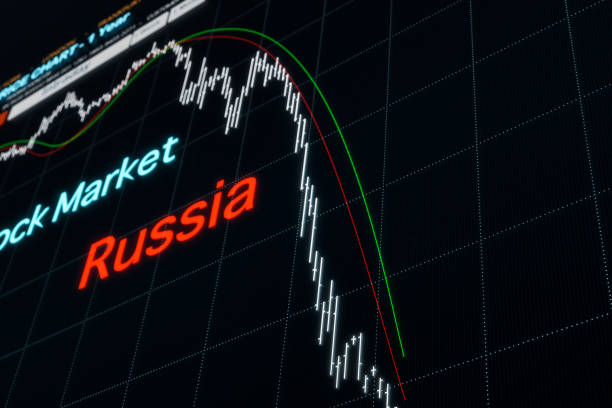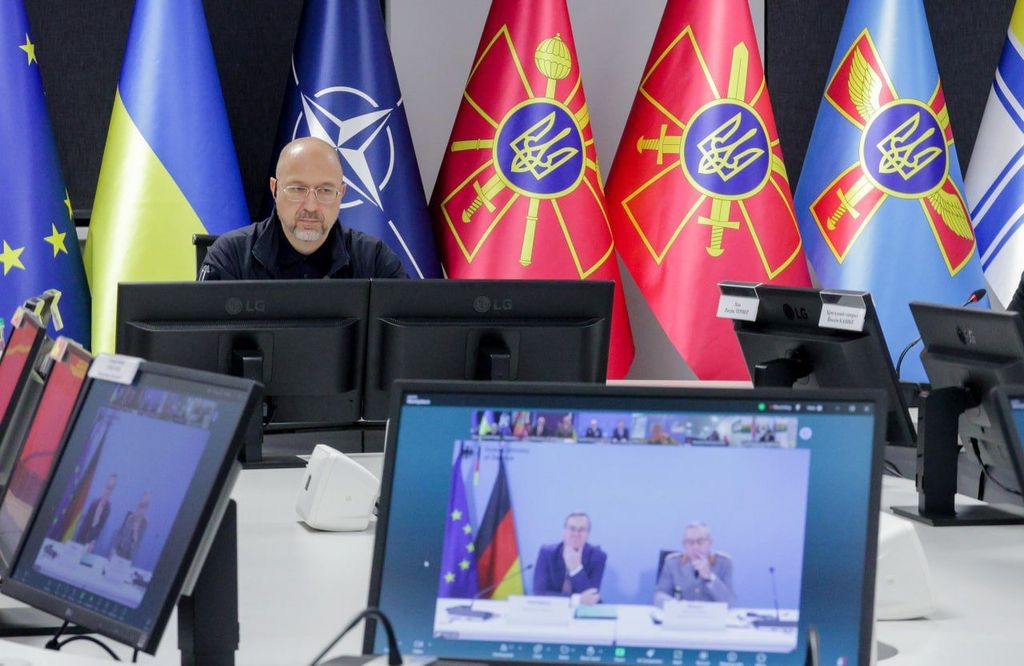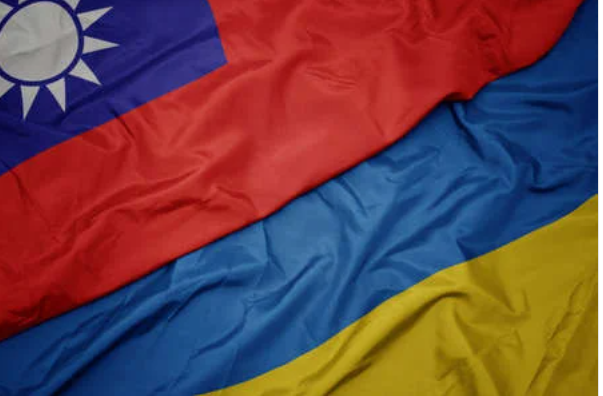The Institute of Conflictology and Analysis of Russia (ICAR), in collaboration with the sociological company Info Sapiens, conducted a monthly sociological study from September 14 to September 28, 2023, as part of their "Mirror of Russia" monitoring of Russian society. This was the seventh wave of research conducted with a nationwide sample.
The survey method used was CATI (Computer Assisted Telephone Interview), involving telephone interviews through an interactive structured questionnaire using specialized software for sociological surveys. A total of 1,600 respondents were surveyed.
The primary findings from the seventh wave of the survey are as follows:
For the first time during the monitoring, the issue of low wages and pensions that fail to keep pace with rising prices has taken the top spot (42%) among the major concerns of Russians, displacing the issue of war (31%) to the second place. The trend of gradually increasing the relevance of financial problems for Russian society, coupled with a decrease in the concern over the so-called "SWOT" problem, was clearly evident throughout the spring and summer of 2023.
More than half of Russians (52%) state that their savings would last for just a few weeks or one month in case of losing their main source of income. Another 15% consider their "financial cushion" to be sufficient for just a few months. It's important to note that there are no significant differences between age groups, and the majority of Russians, regardless of age, indicate the short-term nature of their ability to live off their savings.
The proportion of Russian citizens who know someone close or familiar to them mobilized since the full-scale invasion began on February 24, 2022, continues to increase. Currently, 70% of respondents claim to know someone who was conscripted. However, what's even more significant is the trend in responses regarding those who have died in the war. In September 2023, 55% (as opposed to 30% in December 2022) responded that they knew someone among those who had perished in the conflict.
69% of those surveyed are against a new wave of mass mobilization. The lack of support for such a move by the authorities was expressed by an average of 60% of Russians throughout 2023. With the arrival of autumn, this figure has increased more significantly, reflecting the sustained sentiment within Russian society.
A comparative majority (44%) of Russian citizens consistently wish for the so-called "SWOT" (Special Military Operation in Ukraine) to conclude in no more than a few months or half a year. One in five believes it will last one to two years, and only 13% advocate for an indefinite war until complete victory. The inclination for a swift end to the war prevails among Russian citizens, even though only 5% are certain that all of its goals have already been achieved, and 44% believe that the goals have been partially accomplished.
The reluctance for new waves of mass mobilization and the desire for a swift end to the hostilities against Ukraine do not hinder the consistent support of possible military actions against other countries by Russians. Support for possible military aggression against the Baltic states has remained nearly unchanged throughout 2023. Under no circumstances would only 22% of respondents refuse to support the so-called "SWOT" against Lithuania, Latvia, and Estonia. However, the majority of respondents would support such actions in the event of a threat of a Baltic country's attack on Russia (55%), while 20% would back it if Russian-speaking populations were oppressed in these countries, and 13% would consider it justified if Russia recognized the regimes in the Baltic states as Nazi governments. Russian sentiments are almost identical regarding support for a "Special Military Operation" against Poland.
45% of Russians believe that restoring historical justice is more important than internationally recognized borders, while 39% hold the opposite view. There is a clear generational difference on this issue: the older and, especially, the senior generation is inclined to prioritize historical justice over international law and borders. On the other hand, the majority of young people under 30 years old consider recognized borders to be more important than historical justice.





















